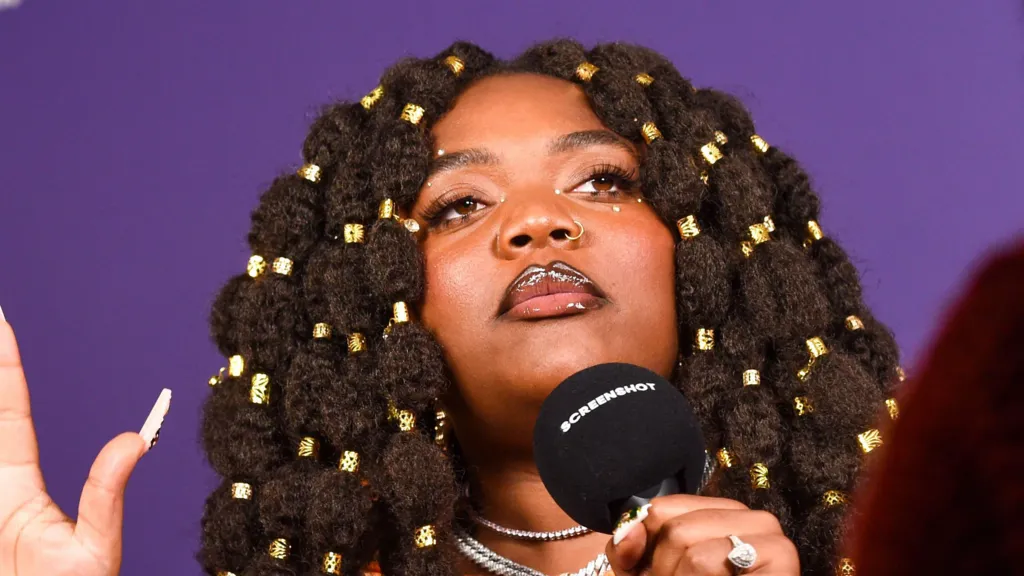
Singer Libianca on the pressure to take sides in Cameroon war
Despite having lived in the United States for most of her life, Libianca is unmistakably proud of her Cameroonian heritage. The Afrosoul star was introduced to the world while singing in a Cameroonian accent - in 2022 she dropped her day-to-day American cadence for the career-launching, globally-charting hit that was People. On Facebook, Libianca's bio proudly proclaims "IT'S LIBIANCA FROM BAMENDA". The words are a nod to her family's home city and the place where she spent roughly six years of her childhood. Many of Libianca's fans in Cameroon love seeing their country showcased on the world stage - they have been flooding the singer's social media comments with the national flag and the abbreviation "CM". But not everyone from the Central African nation feels this way. Last month, the musician announced she was postponing her North American tour because she had received death threats for performing with a Cameroonian flag. The threats, more than 50 of them, had been sent by rebels who want English-speaking parts of Cameroon, like Bamenda, to become an independent state. "They were sent all over social media... there was a lot in my management email," the singer, full name Libianca Kenzonkinboum Fonji, tells the BBC. "Some pretty horrific ones and some that threw in insults threatening me to never step foot in Cameroon or they would kill me on-site." The separatists interpreted Libianca's waving of the Cameroon flag as a show of support for President Paul Biya, one of the longest-serving leaders in Africa. For over six years, separatist fighters have fought a gruelling war against the authorities, dominated by the French-speaking majority. The conflict, which has claimed at least 6,000 lives, is rooted in grievances held by many in the English-speaking parts of western Cameroon. They have felt marginalised for decades and oppose what they see as attempts by Mr Biya's government to force them to give up their way of life, including their language, history, education and legal systems. When announcing the postponement of her tour, Libianca told her 500,000 Instagram followers that she faced a "relentless pressure to take sides" in a war she "hates". "There's always a side to be on and I'm just not on either," she tells the BBC. "Because both of them include violence and I'm not about violence, I'm about love."

